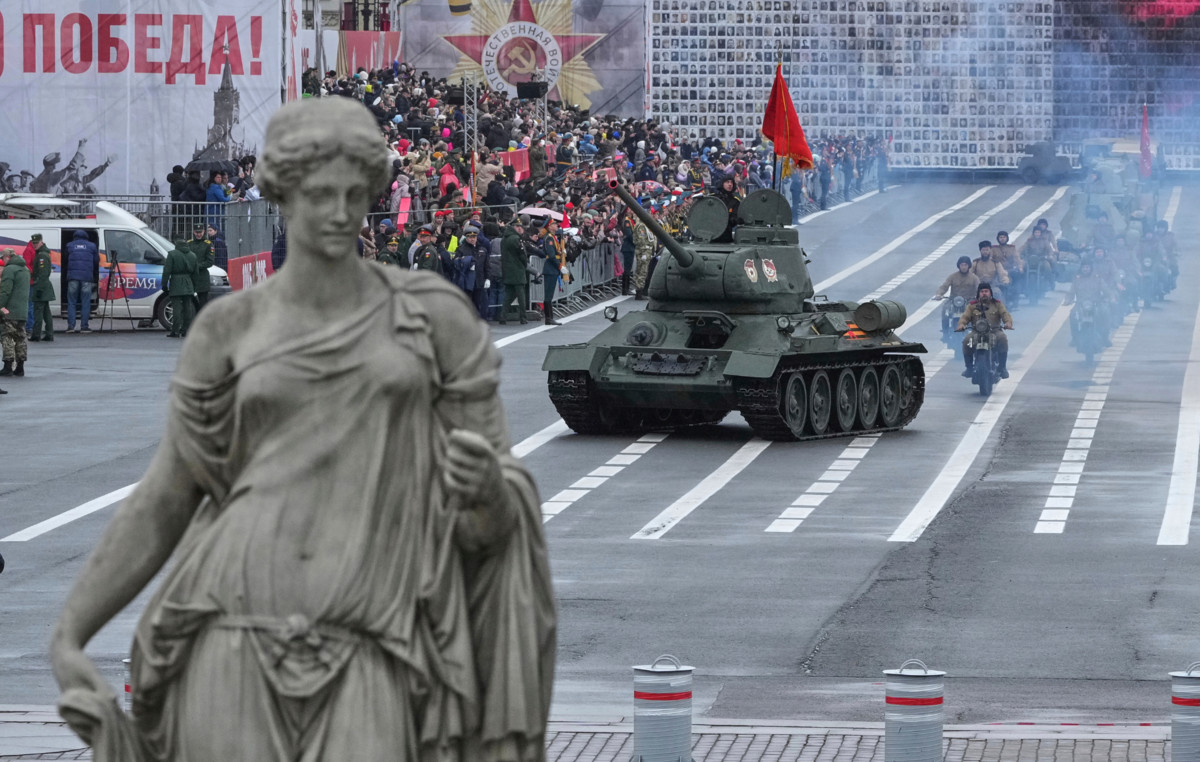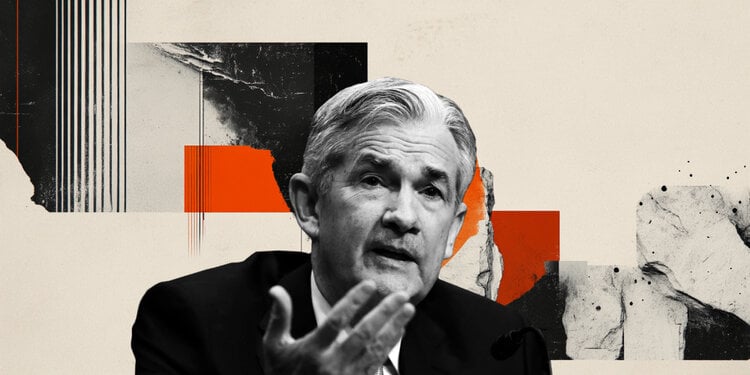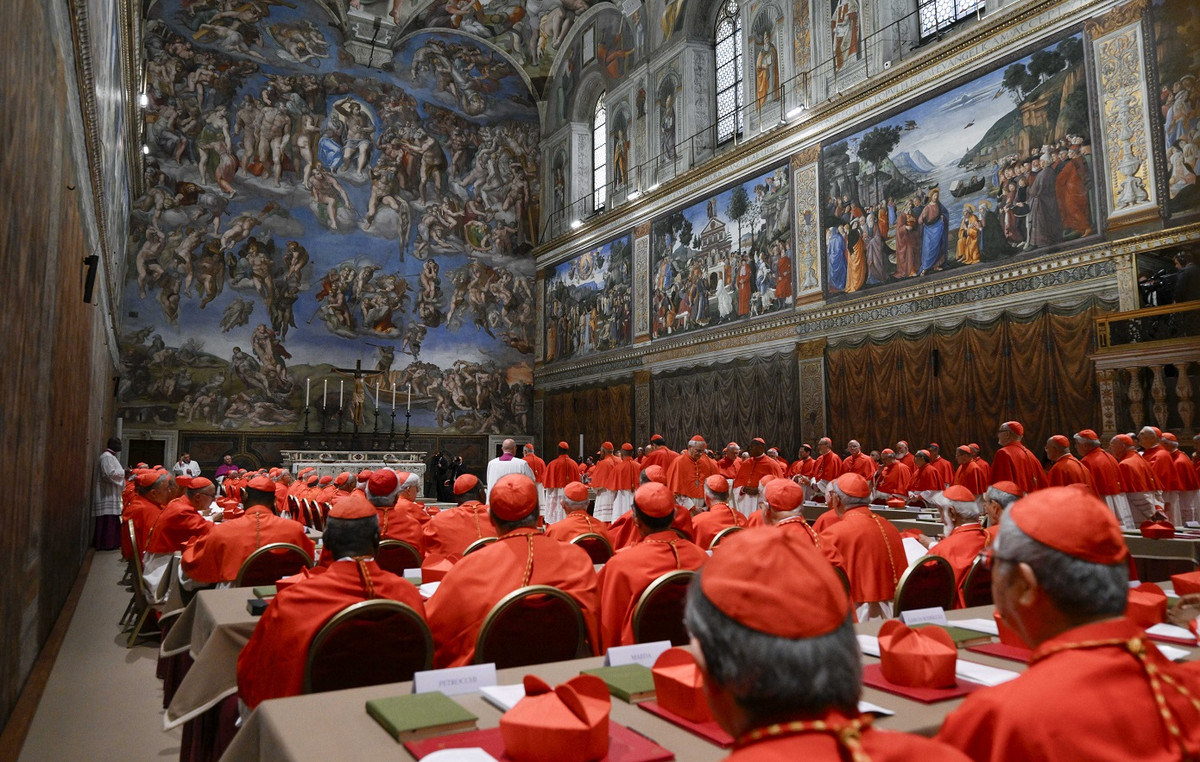A bottleneck is forming on a key oil trade route, which, if not resolved, could hurt global supply and drive up prices at a fragile time for energy markets.
As of Thursday, 16 tankers traveling south from the Black Sea were waiting to cross the Bosphorus Strait into the Sea of Marmara, up five from Tuesday, according to a report by Tribeca Shipping. Agency, based in Istanbul.
Another nine tankers were waiting to cross the Sea of Marmara south through the Dardanelles to the Mediterranean.
The confusion on Turkish-controlled waterways, which Turkish officials said was mainly affecting crude oil shipments bound for Europe, has caught the attention of UK and US government officials who are now in talks with Ankara to resolve the growing standoff. .
The obstacle is linked to the Western price cap for Russian oil that came into effect on Monday (5). The cap should limit the Kremlin’s revenue without increasing stress on the global economy by reducing supply.
But Turkey insists that ships prove they have insurance that will cover the new sanctions before allowing them to pass through the straits linking the Black Sea and the Mediterranean.
While currently not causing disruption to global oil supplies and therefore prices, the delay could become an issue if not addressed, said Jorge Leon, senior vice president of oil market analysis at Rystad Energy.
“This is a very popular route around the world for global trade and specifically for oil,” he told CNN 🇧🇷
Countries such as Russia, Kazakhstan and Azerbaijan use the Turkish Straits to bring their oil to world oil markets.
The traffic jam in the Turkish Straits came after the imposition of the maximum price for Russian oil this week. The cap prevents owners of ships carrying Russian oil from accessing insurance and other services from European suppliers, unless the oil sells for $60 a barrel or less.
In light of the limit, Turkish maritime authorities are concerned about the risk of accidents or oil spills involving uninsured vessels and are barring ships from passing through Turkish waters unless they can provide additional assurances that their transit is covered.
In a notice issued last month by the Turkish government in advance of the price cap, Maritime Director General Ünal Baylan said that, given the “catastrophic consequences” for the country in the event of an accident involving an oil tanker, “it is absolutely necessary that confirm in any way that your insurance coverage [de proteção e indenização] is still valid and comprehensive”.
Insurers fear non-compliance with sanctions
The International Group of P&I Clubs, which provides protection and indemnity insurance for 90% of goods shipped by sea, said it could not comply with the Turkish policy.
The Turkish government’s requirements “go far beyond the general information contained in a normal letter of entry confirmation” and would require P&I Clubs to confirm coverage even in the event of breaching sanctions under EU, UK and US law, which UK P&I Club said in a statement.
Turkish authorities say this position is “unacceptable” and on Thursday reiterated demands for letters from insurers.
“Most of the tankers waiting to cross the strait are EU ships and most of the gasoline is destined for EU ports,” the Turkish maritime authority said in a statement.
Western officials, clearly concerned about a possible disruption to oil supplies, say they are in talks with Turkey’s government to resolve the situation.
US Deputy Treasury Secretary Wally Adeyemo told Turkish Deputy Foreign Minister Sedat Onal in a call that the price cap only applies to Russian oil and “does not require additional checks on vessels” that pass through Turkish waters.
“Both officials highlighted their common interest in keeping global energy markets well supplied by creating a simple compliance regime that would allow oil to transit through the Turkish Straits,” the Treasury Department said in a statement.
“The UK, US and EU are working closely with the Turkish government and the transport and insurance industries to clarify the implementation of the oil price cap and reach a resolution,” according to a Treasury statement. from UK.
“There is no reason why ships should be denied access to the Bosphorus Strait for environmental or health and safety reasons,” he added.
Despite the backlog of tankers, the average wait time to cross the Bosporus Strait is still well below what it was last year, according to Leon of Rystad Energy. “Given the reaction from the UK and US authorities, my guess is that this will be resolved very soon,” he said.
Source: CNN Brasil
A journalist with over 7 years of experience in the news industry, currently working at World Stock Market as an author for the Entertainment section and also contributing to the Economics or finance section on a part-time basis. Has a passion for Entertainment and fashion topics, and has put in a lot of research and effort to provide accurate information to readers.







